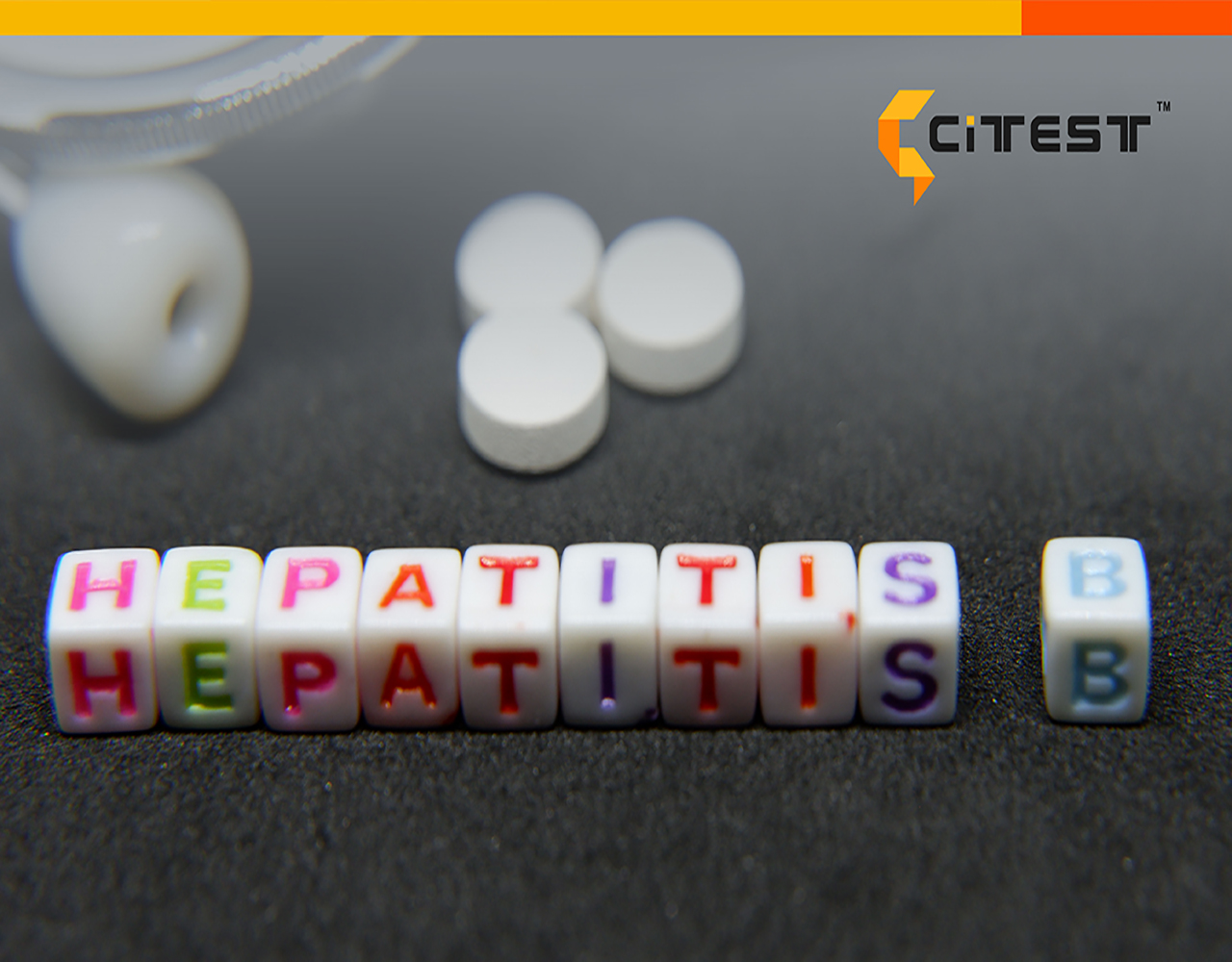Hepatitis B is a viral infection caused by the hepatitis B virus (HBV), which primarily affects the liver and leads to both acute and chronic diseases. The World Health Organization estimates that approximately 296 million people worldwide are living with chronic hepatitis B, with around 820,000 deaths occurring annually due to complications such as liver cirrhosis and liver cancer. The virus is highly infectious and is transmitted through contact with infected blood and body fluids. Common transmission routes include mother-to-child transmission during childbirth, sexual contact with an infected person, sharing needles and accidental needlesticks in healthcare settings.
The impact of hepatitis B is particularly severe in regions with high prevalence, such as sub-Saharan Africa and East Asia, where infection rates exceed 8% of the population. Chronic hepatitis B leads to serious health issues, including liver damage, cirrhosis and hepatocellular carcinoma, with a significant proportion of infected individuals remaining asymptomatic for years.
To diagnose hepatitis B, healthcare providers utilize specific biomarkers found in the blood. Key biomarkers include hepatitis B surface antigen (HBsAg), which indicates active infection and hepatitis B surface antibody (anti-HBs), which signifies recovery and immunity. Rapid testing methods are available, allowing for quick diagnosis and facilitating timely treatment.
Preventing hepatitis B involves several strategies. Vaccination is the most effective method and it is recommended for all infants and at-risk adults. Safe practices, such as using condoms during sexual activity and avoiding sharing needles, are crucial in reducing transmission risk. Regular screening for high-risk populations helps identify infections early and enable appropriate management.
In summary, hepatitis B is a significant global health concern, but through effective vaccination and preventive measures, the burden of this disease will be significantly reduced. Awareness and education about transmission routes and the importance of vaccination are essential in combating this infection.
